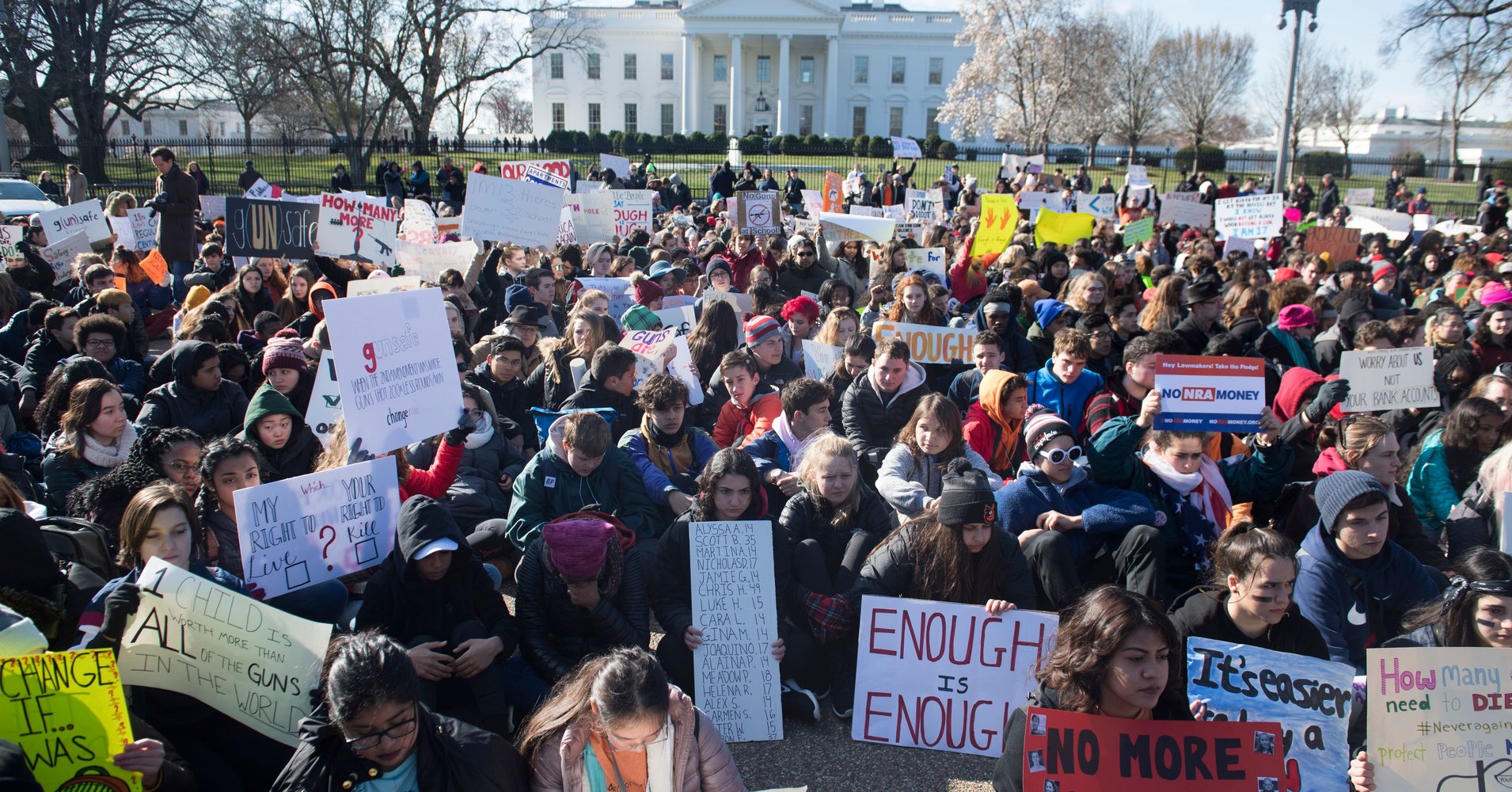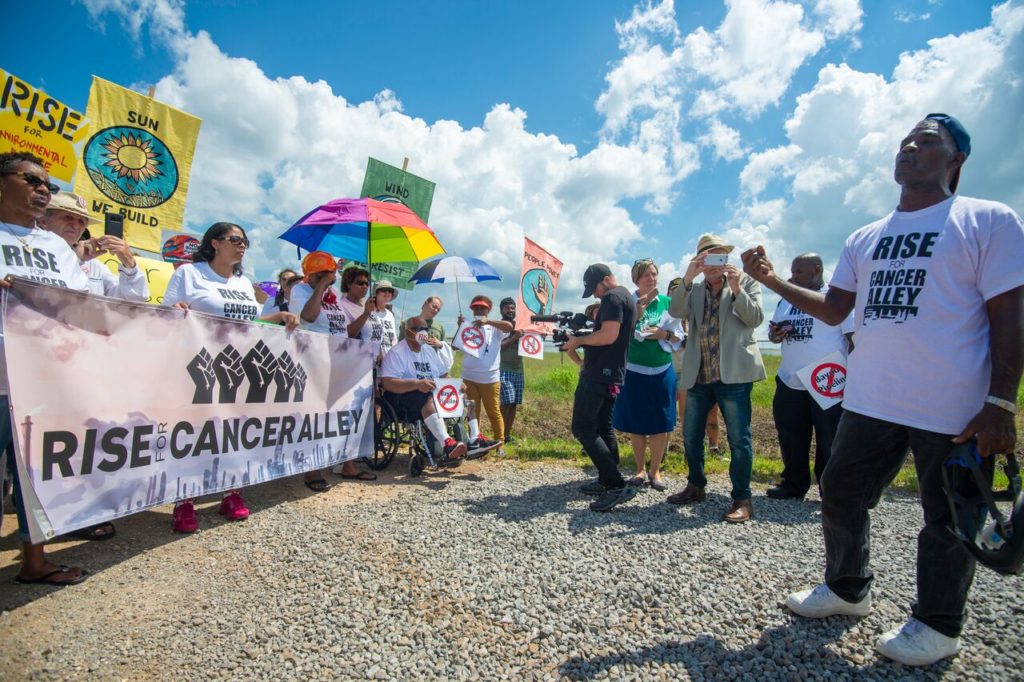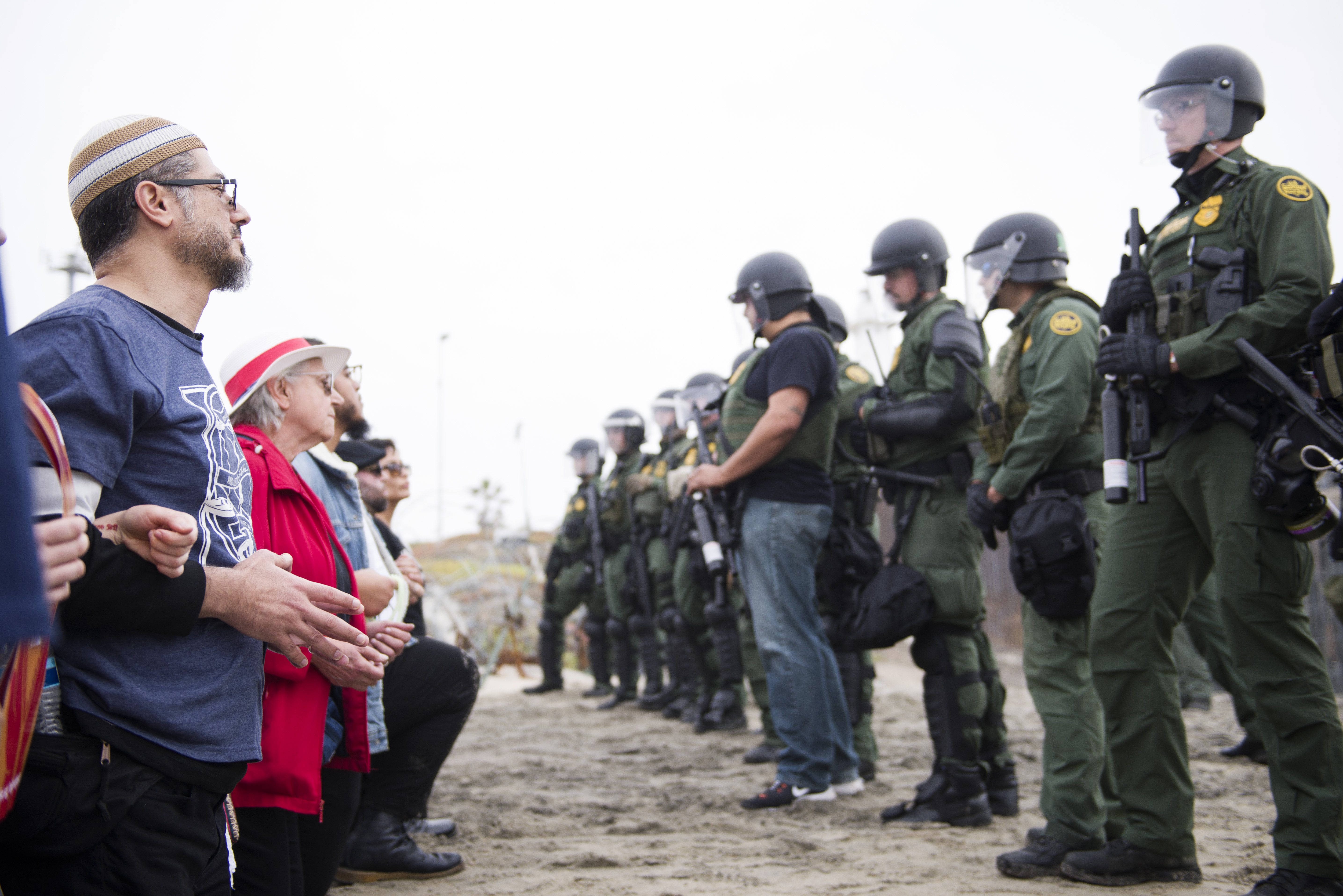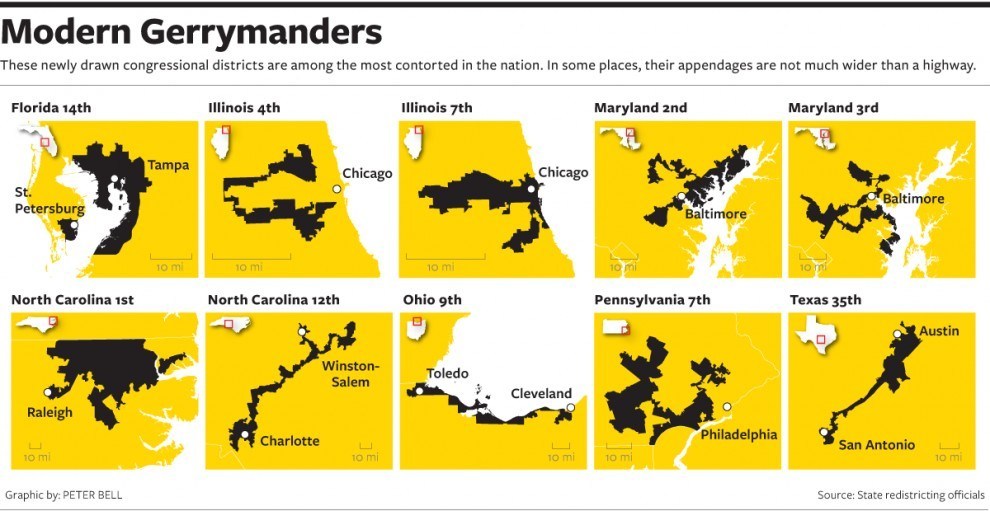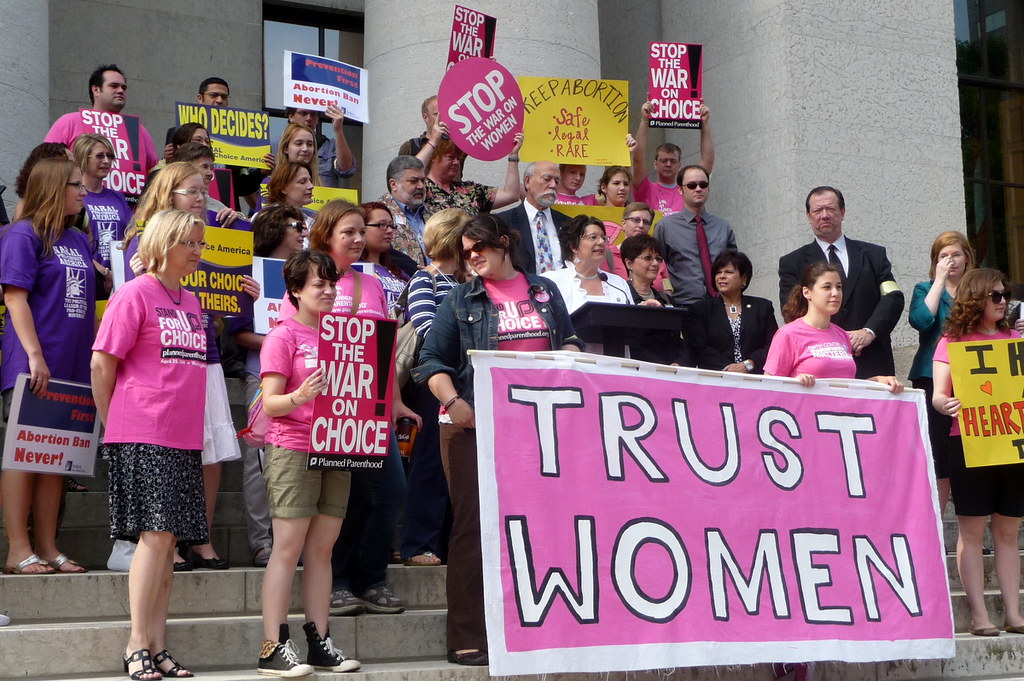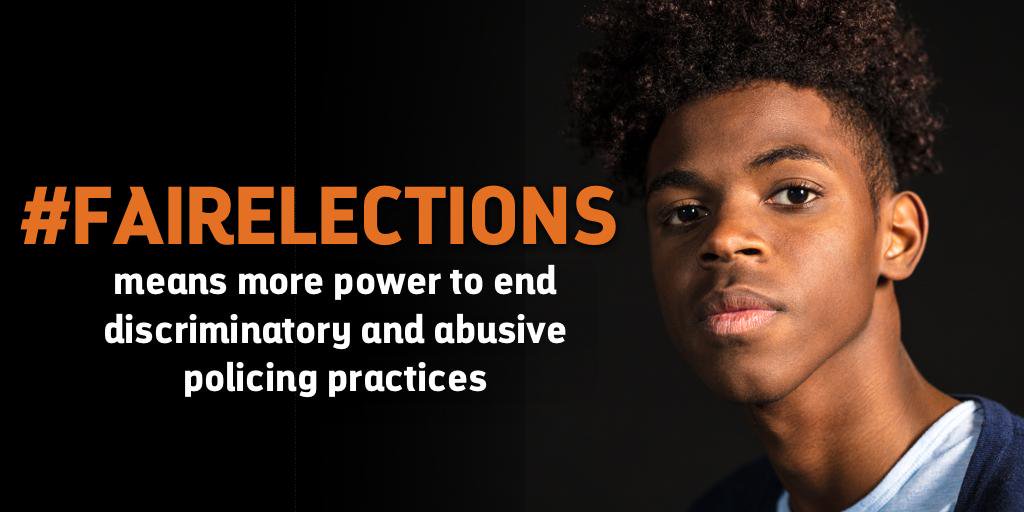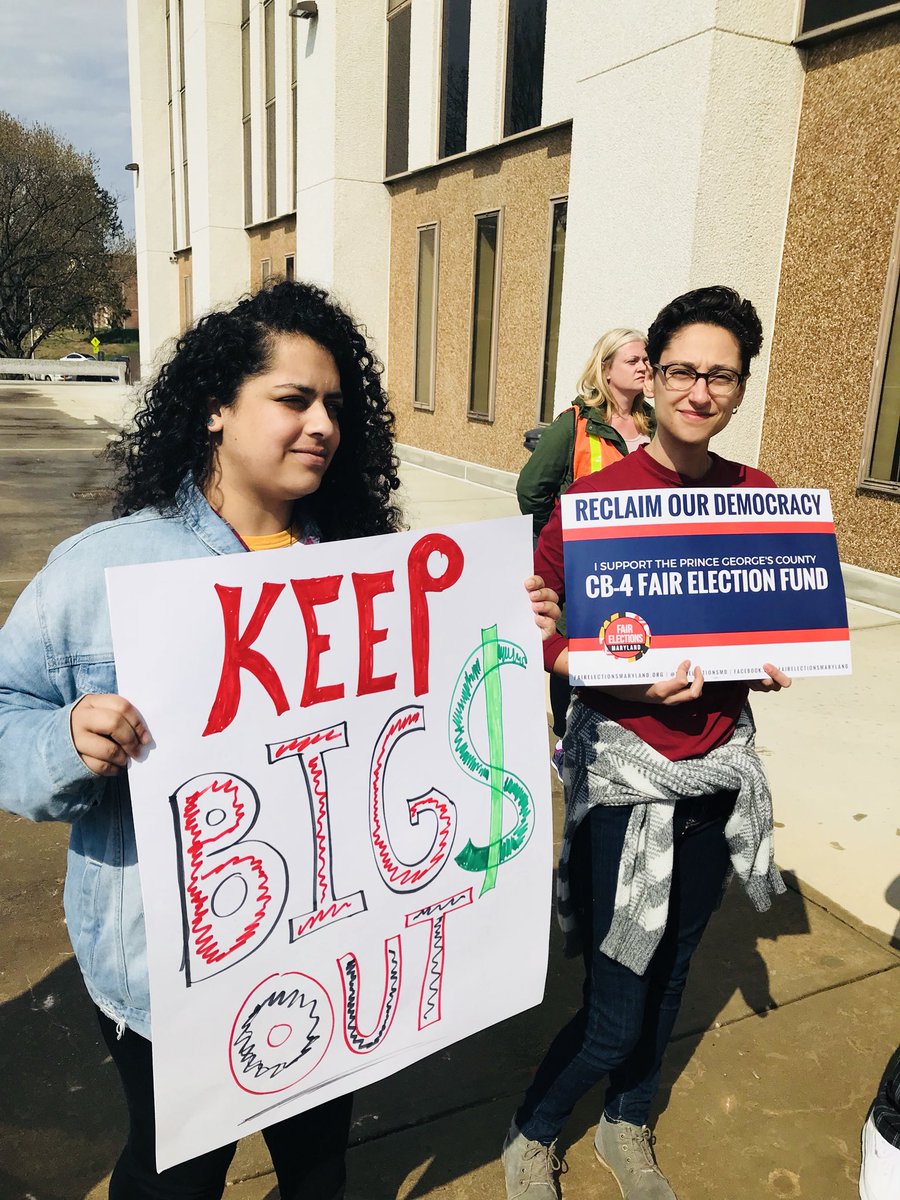
Throughout 2019, the Piper Fund and Piper Action Fund supported grassroots organizations to protect freedom of assembly at the state level. Our grantees successfully defended the right to protest in states including Illinois, Minnesota, and Mississippi. In several other states, the most problematic portions of the bills were removed after public outcry, and we supported public education in South Dakota and Louisiana, where litigators have challenged the constitutionality of anti-protest laws
In addition to our direct funding, the 20 national members of the Protect Dissent Network provided invaluable strategic support to state groups, from communications to legal analysis and more. This not only served Piper grantees but also allowed leaders from additional states such as Wyoming to defeat anti-protest bills.
In October, in a resounding victory, the National Park Service (NPS) announced the withdrawal of its proposal to drastically curtail protest rights in Washington, DC. Thanks to the tireless work of Piper grantee, the Partnership for Civil Justice Fund, the mobilization of the field, and our engagement of philanthropy in opposition to the proposal, the NPS could not withstand the overwhelming public opposition.
Knowing that these threats to protest rights are escalating, we presented at the Environmental Grantmakers’ Association annual retreat, the Funders Initiative for Civil Society convening, and a standalone event in Oakland, together with several of our donor partners. Piper’s director authored this overview in Alliance Magazine and co-authored an article with our partners at the RISE Together Fund on best practices in rapid response grantmaking.
We ended the year by hiring a full-time program officer, Julia Reticker-Flynn, to expand our capacity to meet this challenge. Prior to joining the Piper team, Julia served as the Director of Youth Organizing and Mobilization at Advocates for Youth for nearly a decade, where she oversaw a team of organizers, visionaries, and activists advocating for young people’s sexual health and reproductive rights. You can read her full bio on our Piper page.
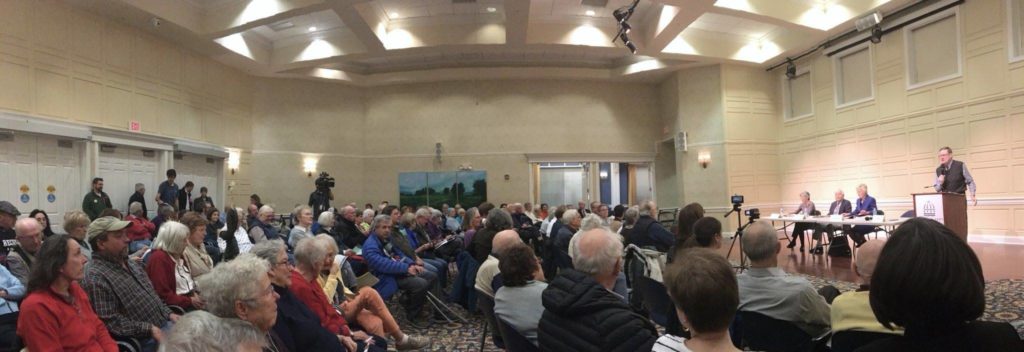
Piper grantees across the country worked tirelessly to defend state courts against politicization and special interests to ensure that our judicial branch can defend fundamental rights. In the wake of a broad array of assaults on judicial independence, Piper grantees from Florida to Alaska engaged the public in understanding the importance of a functioning court system.
Piper also deepened our role as a convener of the field. This year, a record number of groups from 23 states attended the annual judicial independence convening held by Piper in partnership with re:power. The meeting helped advocates to better understand the various ways in which state courts are attacked and provided them with the tools and tactics to respond to threats within their states. In addition, we supported regional convenings and a recent strategy session for groups from key states to prepare for the coming year.
To help funders and advocates understand how the threats to state courts are unfolding, Piper led a session at the Funders Committee for Civic Participation (FCCP) and highlighted in two blog posts the importance of state courts for redistricting and for reproductive rights. In both cases, protecting rights will rely upon maintaining an independent judiciary.
While our past work in this area almost exclusively focused on responding to threats, the field is now pivoting towards proactive reform, including improved disclosure and recusal rules—a shift that Piper is supporting.
For example, we funded town hall meetings across Wisconsin to engage the public around the importance of recusal rules. In a state where the supreme court refused to even hold a public hearing around proposed rules developed by 54 retired state judges, and where the current rules were written by the Wisconsin Manufacturers & Commerce and the Wisconsin Realtors Association, such public engagement has the potential to turn the tide.

In a year that witnessed an upswell of mobilization to promote proactive democracy reform, Piper’s grantees were on the frontlines of winning and implementing policy change.
This year saw the rise of multi-issue coalitions pursuing campaign finance reforms in New York, Arizona, New Hampshire, Oregon, Maryland, Albuquerque, Chicago, San Francisco, Oakland, Philadelphia, and Portland, ME. Several more efforts are starting to materialize for 2020 and beyond.
In Seattle, Piper grantees worked to implement the innovative Democracy Voucher program, following a successful ballot measure campaign in 2015. On our website, we described this year’s especially promising results, with greater use of the vouchers, more candidates running, and higher voter turnout. When contrasted with Amazon’s failed attempt to take over the city council by funding its own candidates, it is clear that the program is amplifying the voice of the people and mitigating the influence of wealthy interests in Seattle politics.
Piper and Piper Action Fund also supported advocates in New York State and Albuquerque, where campaigns have been underway to advance reform. Both coalitions achieved meaningful victories to advance and strengthen public financing, and—importantly—both pursued reform as a means to build long-term power for underrepresented communities to address myriad social justice issues.
To engage philanthropy around this issue, Piper co-led FCCP’s Money in Politics Working Group, facilitating several webinars and two sessions at the annual conference. We also co-sponsored a briefing in New York to draw attention to the importance of the public financing effort there.
This building of community power is key to all of Piper’s money in politics work. Policy reform is not the end goal, but an important tactic on our path to building a more inclusive democracy. We applaud our grantees who have moved our country in that direction.
Thanks to all of our donor partners, grantees, and allies who worked tirelessly this year to defend democratic norms and institutions and to advance a shared vision of a more inclusive democracy. As our nation is being tested in new and unsettling ways, it is imperative that we build a grassroots movement to defend and strengthen our democracy.
We look forward to partnering with you in 2020!
